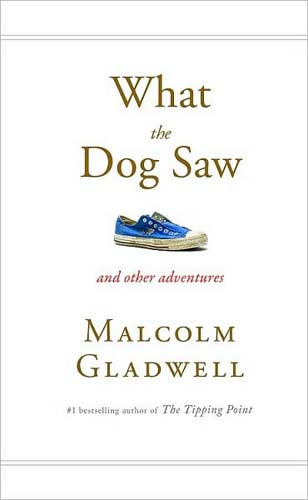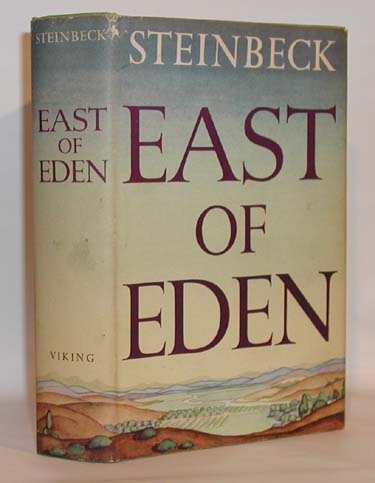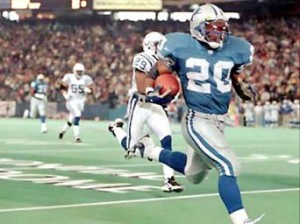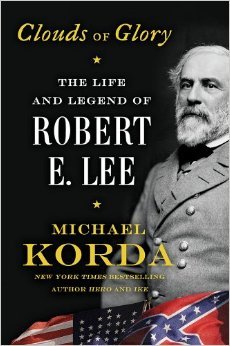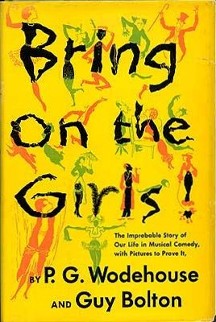Phillip Lewis, The Barrowfields
Henry Aster, our narrator, tells of growing up in a spooky old house in a small Appalachian town in North Carolina. His father is both a respected lawyer in that town and a writer. He also seems to have memorized virtually every line in every book in his huge personal library, yet he appears to spend most of his time drinking and playing the piano, especially after his mother dies. Then one day, feeling abandoned by his mother, he abandons his own family, disappearing from their lives.
Henry Aster grows up in a close relationship with his younger sister, then abandons both her and his mother when he goes to college and doesn't return for years. In college he meets a young beauty called Story, who herself was abandoned as a baby and has devoted her life to trying to find her true parents. It is she and Henry who are driving down those empty country roads in the passage quoted above. They may be together, yet they remain alone. A reader is left with the impression that eventually one will abandon the other.
Another metaphor Lewis employs in his novel involves the stoppage of time, which he also works into the above lines. Earlier in the story Henry hears his father explain why he writes: "It's the only way short of death to make time stop." The backward town and the old house where the family lives, with their lack of substantial change, both give the impression of stopped time.
Lewis writes beautifully at times, and I wish I would have liked his book better than I did. Yet like that town and that house, his characters don't change much. To read the end of the novel is to read the beginning.





